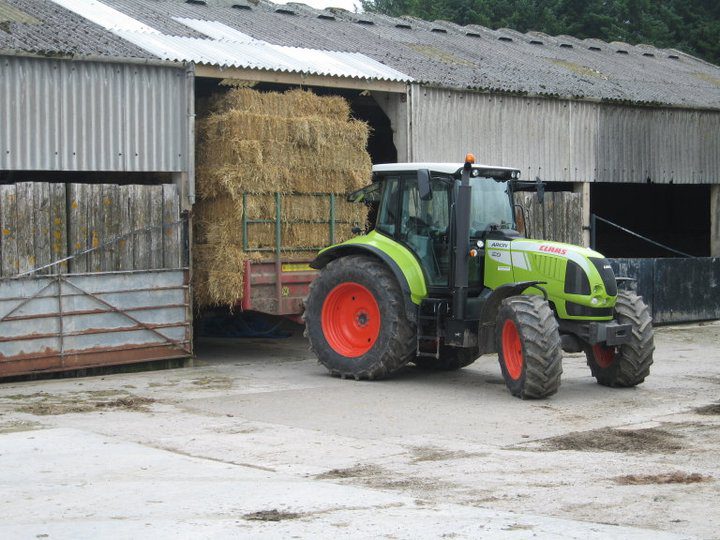Information needed by Scottish growers in July
NFU Scotland is calling on the Scottish Government to put timelines in place when it expects information on CAP implementation to be available to Scottish farmers.
With the 2014 harvest in Scotland likely to commence next month, Scotland’s arable farmers are keenest to see detail around greening requirements, particularly on crop diversification and Environmentally Sensitive Areas (EFAs), to aid their decision-making process on what to plant this autumn and next spring, for harvest in 2015.
Crucial questions the Union are seeking answers to include:
– Which crops can be grown to meet the Crop Diversification requirement?
– What nitrogen fixing crops will be permitted to be grown as EFA?
– What catch crops and green cover will be permitted as EFA?
– What are the start and end dates for the period during which agricultural production will not be allowed on fallow, field margins and buffer strips?
The Union would like information on such matters to be available to growers by July, believing this timetable to be essential if proper management decisions are to be made now.
Speaking from the Highland Show, NFU Scotland Vice President Allan Bowie said:
“Growers don’t just plan one year ahead, they have a rotation of crops across their land that can span up to 10 years.
“The EFA requirements alone have the potential to strip out precious productive hectares. It is crucial that there is a viable range of options to fit a complex spread of farm cropping and field structure.
“For some farms, utilising the nitrogen fixing crop or break crop options will be important. First and foremost, it is imperative for growers that these crops make a profitable margin if they are to be seriously considered in rotations, but there are also genuine environmental benefits in terms of soil structure and efficient use of resources. The potential to grow commercial crops of home-grown protein crops can also replace soya traditionally imported from South America.
“Another difficulty we face on EFA rules is that they are likely to preclude the growing of winter crops on a parcel of land for two successive years, due to the 12-month agricultural activity rule. That makes early provision of detail essential.
“The exact same requirement for information applies to crop diversification – the nonsensical three-crop rule – as the limits placed on a maximum proportion of main and second crops that can be grown makes planning a lot more difficult.
“Uncertainty around the rules can be damaging and has ramifications for other highly successful sectors. We will meet with the Scotch Whisky Association at the Highland Show. Whisky is a massive success story for Scotland, but it is underpinned by Scotland’s biggest arable crop, spring malting barley.
“For growers to give certainty of supply to real markets like whisky production, we need Scottish Government to direct resources to fleshing out the detail now. If that requires work at a European level then the urgency is even greater and that work must take place before the Commission shuts down for the summer.”
Combinable Crops Chairman, Andrew Moir agreed, adding:
“August or September would be too late for information to become available. Seed needs ordered now, and without knowing the answer to these key questions growers face severe disruption to their cropping plans and fields or areas will be left unallocated until the spring, when things may or may not be clearer.
“I appreciate the July timescale may be difficult for Scottish Government and its officials to meet but they must also understand that timings on an arable farm are much more difficult to manage and have significant ramifications for farm businesses.”






